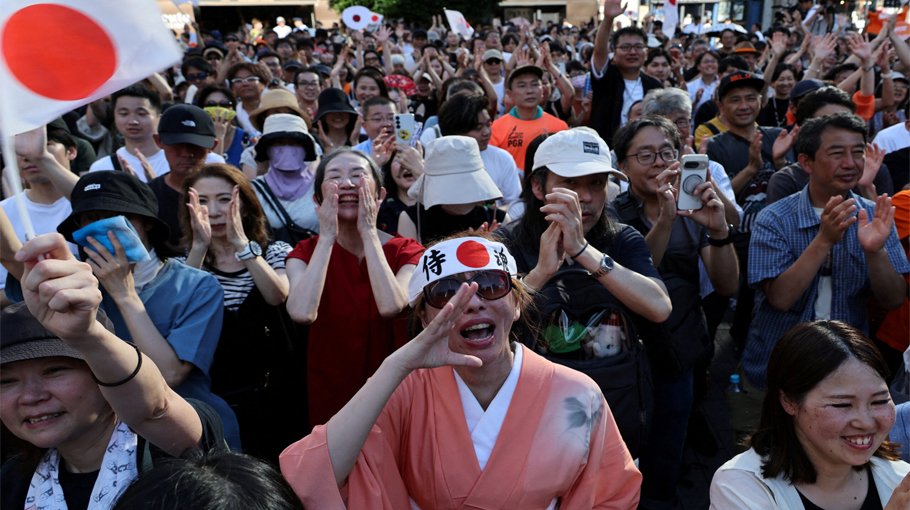LDP’s historic electoral defeat upends Japan’s politics

Japan’s political landscape changed significantly on 20 July 2025 with the triennial upper house elections delivering a stinging blow to the ruling Liberal Democratic Party (LDP) and its coalition partner, Komeito. For the first time in its seven-decade history, the LDP in power has lost its majority in both houses of the national Diet — the upper House of Councillors and the more powerful lower House of Representatives.
This electoral defeat marks an unprecedented turning point, plunging Japan into an era of political fragility, with the spectre of revolving door prime ministers once again looming. Prime Minister Shigeru Ishiba, not even a year into his tenure, now finds himself governing without a parliamentary majority. The political ground beneath his feet is shaky, with whispers of leadership change already circulating. Though Ishiba has insisted he will remain in office, his weakened mandate and sagging approval ratings suggest his grip on power is tenuous at best.
Though the lower house retains greater legislative authority, the upper house acts as a vital brake in scrutinising and stalling legislation. Historically, upper house setbacks have forced prime ministers to resign, as seen with Sosuke Uno in 1989, Ryutaro Hashimoto in 1998, and most recently Shinzo Abe in 2007 after poor upper house performances. Ishiba could be the next in line, especially because he has now lost two consecutive national elections.
The deeper concern lies in the legislative gridlock that looms over the Diet. The minority Ishiba government must now rely on opposition cooperation to pass any bills — an uncertain prospect given the fragmented nature of the opposition and the ideological and policy differences between the ruling coalition and new challengers. Policy paralysis is a real and immediate risk.
The signs of voter discontent were evident well before the election. In June, the LDP underperformed in the Tokyo Metropolitan Assembly elections — a traditional bellwether for national sentiment. The public’s mood had soured, driven by frustration over rising living costs, stagnant wages and a government that seemed adrift. A Jiji Press poll conducted days before the upper house election showed a disapproval rate of 55 per cent for Ishiba’s cabinet, far outpacing its 20 per cent approval rate.
Economic concerns dominated the campaign. Inflation, long absent from Japan’s deflation and stagflation-ridden economy, has re-emerged, driving up prices, especially rice, Japan’s staple food. This has deeply affected household budgets whose income has not increased over time. A Japanese survey revealed that nearly 60 per cent of voters considered the economy and living costs their top concern, with only 14 per cent citing national security or foreign policy. Ishiba’s proposed solution — a one-off cash handout of 20,000 yen to each citizen — was widely seen as insufficient to address the problem. Opposition parties offered alternative policies, such as a reduction in the consumption tax, which resonated better with voters but may not be possible given Japan’s fiscal health.
The LDP’s woes were further compounded by unresolved scandals. A slush fund controversy and lingering public suspicion over the party’s links to the Unification Church — brought to light in the aftermath of former prime minister Shinzo Abe’s assassination in 2022 — have continued to tarnish the party’s reputation. These controversies have festered, eroding public trust and reinforcing perceptions of a party out of touch with ordinary people.
Purnendra Jain is Emeritus Professor in the Department of Asian Studies at the University of Adelaide.
Source: East Asia Forum



